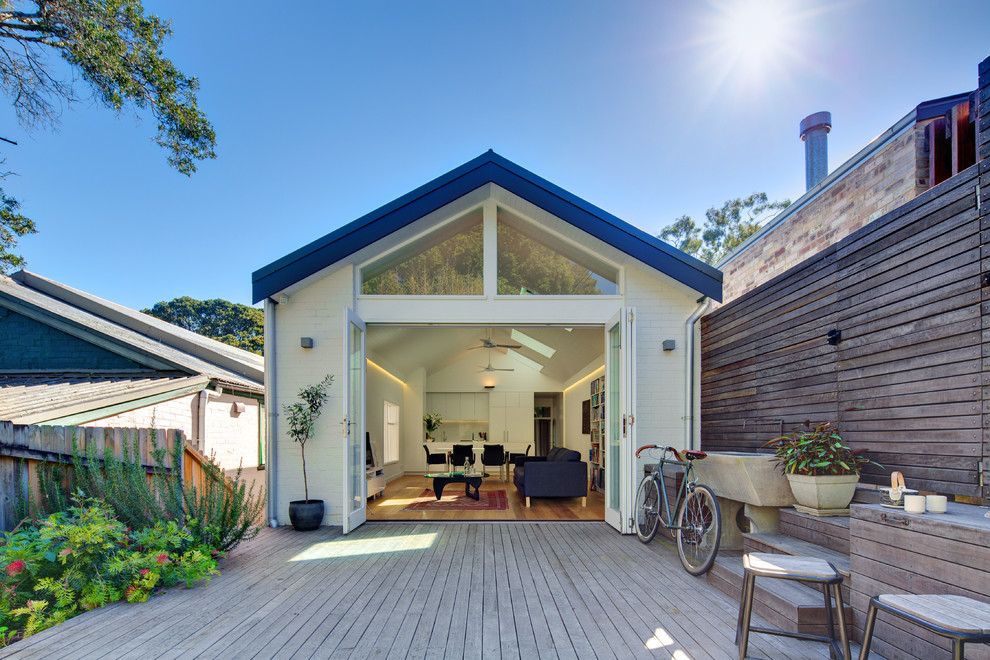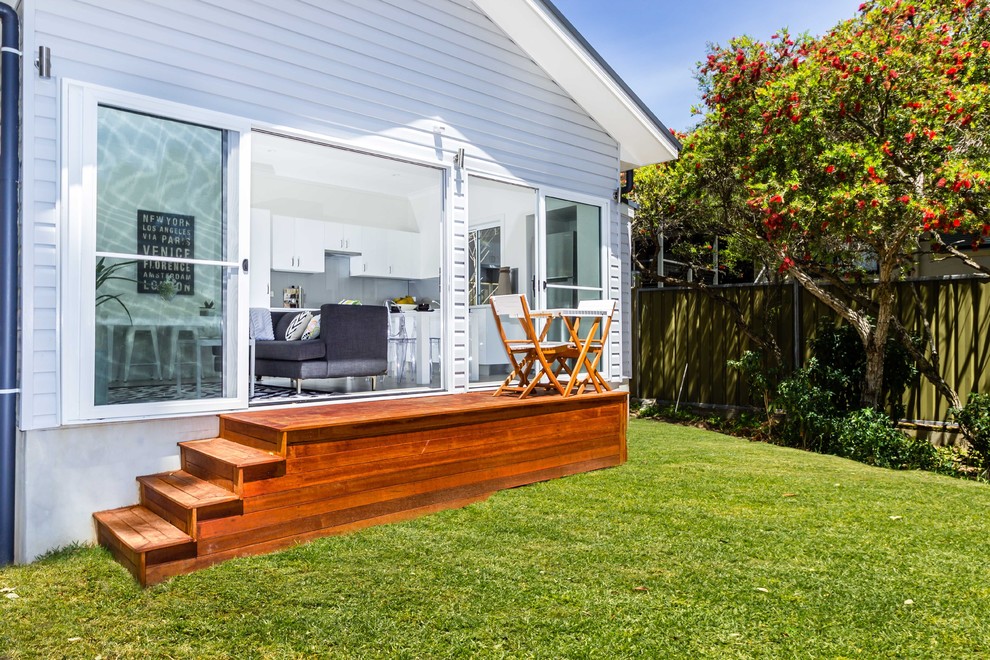We all know granny homes are separate dwellings in your property that gives you extra space and can add to your income. But how many of you know that granny homes have different styles and types. Yes, unlike some old granny flats with the development of new technologies, new design options have been developed by builders. Here we will give you five different types of granny homes that are popularly being used by homeowners.
Detachable Granny Flats
These flat are built on a block of the property that already has the main dwelling. They are standalone flats that are not attached to your home in anyways and are perfect for investment-related use. These are one of the commonly known granny flats. With this style, you get the freedom of design, yet you have you comply with the laws related to such units in your region. You might be asked to build an apartment in a specific area or a limited number of floors. Because they are a separate identity, you can rent them to anyone you wish or use them for your purpose. The title of the granny flats remains the same as the primary home no matter who lives in that house. These flats are high if you have a lot of lands or if you have a large backyard and you won’t mind sharing it.

Go For Buy Back Policy When You Buy Granny Flats
Sometimes people also buy granny flats on resale spree. If you have relatives visiting you frequently, and you do not have to go for mortgage or anything else, as you can simply buy a granny flat and then rent it for the next 10 years.

Photo by Philip Babb Architect
Attached Granny Flat
The style of building these flats is just the opposite to detached granny flats as the name suggests they are attached to the main dwelling of the house. These houses are designed so that they can flawlessly fit your existing structure which means they are connected with at least one wall of your home. Fire-rated barrier is required between both the houses, and it is a primary requirement of attached granny flats. Another feature is you cannot have an internal door between the two houses and the granny flat should have its separate entrance.
- These flats can also be used for the nannies of young adults that you have at home. In this way, full privacy of the children and adults can be maintained to the best extent.
- Now with the all-new granny pod that monitors everything properly, people are now opting for converting an already-existing room or garage into a granny flat.
- Because the person living there will be in very close proximity and that is why most of the people prefer to share it with the Family or friends only. Lastly attached granny flats are much more expensive to build because they require changes in the existing structure if your house.
- If you do decide to opt for an attached granny flat, you need to think about who will be living in it. Since you will be in such proximity, you may prefer a family member or friend to live in it, rather than rent it out to someone completely unknown. As well, an attached granny flat may be more expensive to build as you may need to make structural changes to the existing home to ensure its integrity.

Photo by Granny Flats Sydney NSW Pty Ltd
Granny Flat With Garage
Now as per SEPP you can build a granny flat with a garage which will be a living space and will not be counted as habitable area, and you can have internal door access to the granny flats with garage.

The post Different Types Of Granny Homes And Their Usage appeared first on YourAmazingPlaces.com.


No comments:
Post a Comment